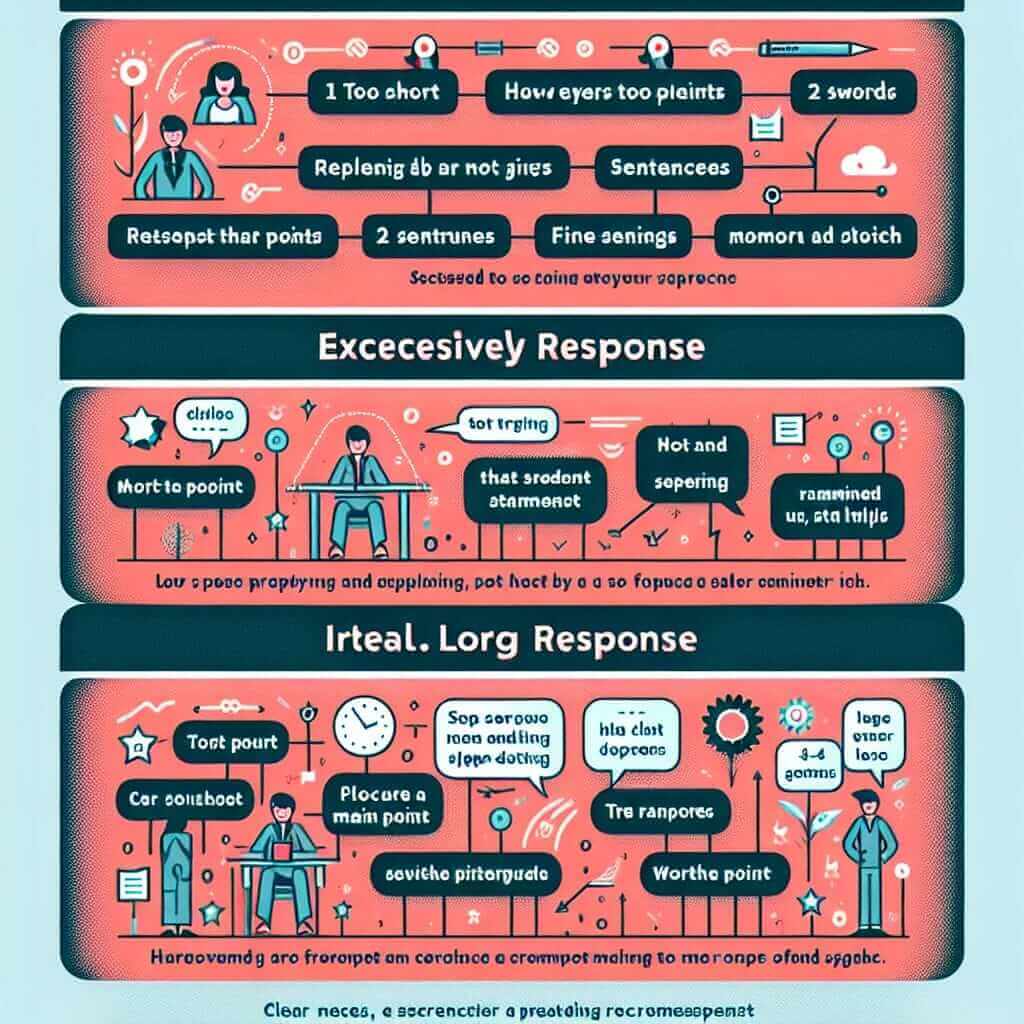As an IELTS instructor with over 20 years of experience, I often get asked by my students: “How long should my answers be in IELTS Speaking Part 3?” It’s a valid question! Unlike Part 1 with its short, factual answers, or Part 2’s focus on individual speaking for an extended period, Part 3 delves into deeper discussions and abstract ideas. This means finding the sweet spot in your answer length is crucial for a high score.
Understanding IELTS Speaking Part 3
This section is designed to assess your ability to analyze, discuss, and offer opinions on a range of topics related to the theme introduced in Part 2. The examiner will engage you in a more conversational manner, prompting you to explain, justify, and support your viewpoints.
So, How Long is Too Long (or Too Short)?
There’s no magic number, but aim for answers that are developed and substantial, yet concise and to the point. Here’s a breakdown:
Too short:
- One-word or very short answers: These show you can’t elaborate or discuss the topic in depth.
- Simple agreement without explanation: “Yes, I agree.” without any justification shows limited language ability.
Too long:
- Rambling without focus: This suggests you might not have fully understood the question or lack the vocabulary for precise expression.
- Going off-topic: While linking ideas is good, straying too far from the question’s core indicates poor coherence.
Just right:
- Aim for answers that are around 3-4 sentences long.
- Provide a clear main point: Answer the question directly first.
- Develop your answer: Give reasons, examples, or explanations to support your point.
- Keep it relevant: Ensure your response directly addresses the examiner’s prompt.

Illustrating with Examples
Let’s imagine the Part 2 topic was about a memorable journey. Here are some potential Part 3 questions and sample answers:
Question: “Why do you think some people enjoy traveling alone, while others prefer company?”
Short (and weak): “It depends. Some like being alone, some don’t.”
Long (and rambling): “Well, I think it’s all about personality. Some people are introverted, you know? They get energy from being by themselves and they find it really tiring to be around other people all the time. So for them, traveling solo is perfect because they can set their own schedule…” (continues for too long)
Just right: “I think it depends on personal preference and the type of experience you’re looking for. Some people value independence and find solo travel allows them to explore at their own pace and reflect on their experiences. Others prefer the shared joy and support that comes with traveling with companions.”
Tips for Achieving the Ideal Length:
- Practice active listening: Pay close attention to the examiner’s questions to understand what they’re really asking.
- Plan your responses mentally: Take a moment to structure your answer in your head before you start speaking.
- Use linking words and phrases: This creates a natural flow and demonstrates coherence (e.g., “Furthermore,” “On the other hand,” “For instance”).
- Don’t be afraid to ask for clarification: If you don’t understand a question, politely ask the examiner to rephrase.
In Conclusion
Mastering the art of delivering well-structured, detailed, and appropriately-lengthed answers in IELTS Speaking Part 3 takes practice. By focusing on clear communication, supporting your ideas, and staying relevant, you’ll be well on your way to demonstrating your advanced English language skills and achieving your desired IELTS score.